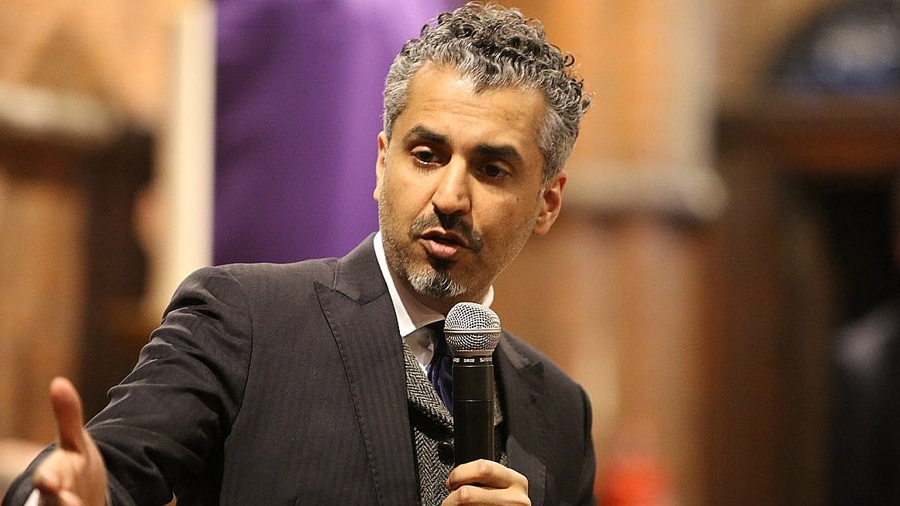Ripple executive chairman and co-founder Chris Larsen has proposed a strategy to incentivize Bitcoin miners to move away from the energy-intensive Proof-of-Work consensus mechanism.
Ripple’s Chris Larsen Wants Bitcoin Off Proof-of-Work
On Friday, Ripple co-founder and executive chairman Chris Larsen published a strategy on how Bitcoin could reduce its energy consumption.
According to Larsen, Bitcoin miners “should see a change away from PoW as a net positive for their longevity.” He begins his proposal by conceding that moving Bitcoin away from the energy-intensive Proof-of-Work consensus mechanism would be challenging, which is why he’s suggesting a code change that would introduce new lucrative incentives for miners to ease the potential transition.
“One challenge of making such a code change is the assumed opposition by bitcoin miners—especially given the enormous and growing investment in US mining operations,” he said in the blog post. Nevertheless, Larson seems to believe that there still might be a way to get miners on board and incentivize them to stop expanding their operations.
The “least disruptive” solution, according to Ripple’s co-founder, would be to “take a snapshot of the current hash rate of existing miners and then reward miners on a pro-rata hash power basis[…]” This would give existing miners rights to future Bitcoin rewards without them needing to expand their mining operations and thus spend additional energy. Explaining how the concept would work in practice, Larson said:
“Consider Marathon Digital, which runs 8% of the current global hash rate, earning 75 BTC per day as of November 1, 2021. Under such a code change, Marathon would continue to earn 8% of daily Bitcoin rewards but would not need to expend any energy to receive this reward.”
According to Larson, under the new regime miners would also enjoy a long-term revenue stream, as their rights to future Bitcoin rewards could be tokenized and sold on the open market. “Under such a proposal, miners would gain additional economic benefit—gaining the same revenue with substantially less operating costs,” he concluded.
The issue of Bitcoin’s immense energy consumption has been the subject of endless debates both within and outside crypto circles over the past years. Those in favor of the status quo argue that Proof-of-Work is the most reliable mechanism to secure the Bitcoin network without sacrificing decentralization. On the other hand, opponents—including Larson—have for long been raising the alarm against Bitcoin’s immense energy expenditure, citing environmental concerns and arguing in favor of the less energy-intensive Proof-of-Stake mechanism.
However, Larson’s proposed solution to Bitcoin’s energy consumption problem runs into several issues of its own. For one, it doesn’t account for new miners joining the network and removes incentives for open-market competition for Bitcoin rewards between existing miners. This directly opposes Bitcoin’s fundamental proposition of prioritizing network decentralization and security over anything—including efficiency—by introducing new rigid, centralizing elements to its design.
Finally, judging by his proposal, the Ripple chairman seems to believe that miners are the sole entities controlling Bitcoin’s consensus, which goes against the opinion of many subject matter experts, including the one of renowned Bitcoin educator Andreas Antonopoulos. Namely, besides the miners, there are four other consensus constituencies in Bitcoin: software developers, exchanges, wallet creators, and merchants. All of these, plus the majority of the Bitcoin community itself, would have to get on board with Larson’s proposal if it ever were to become reality—a feat that seems unlikely considering Bitcoin’s history.








